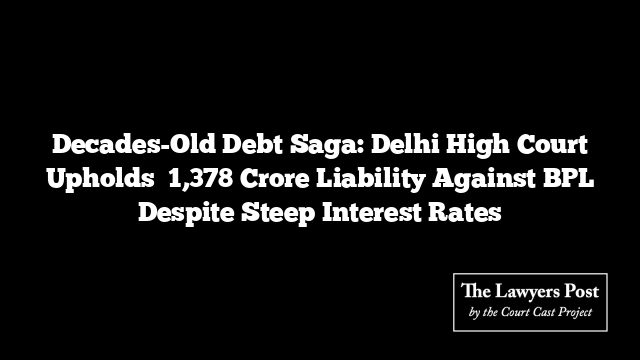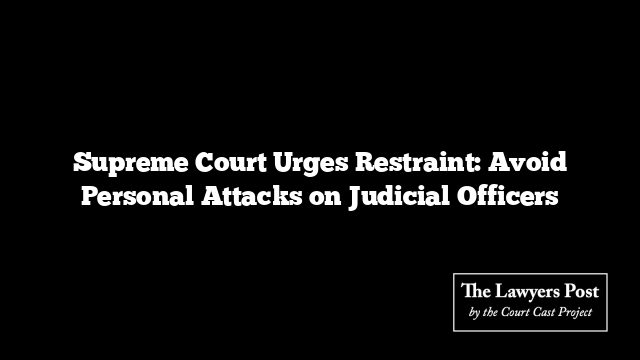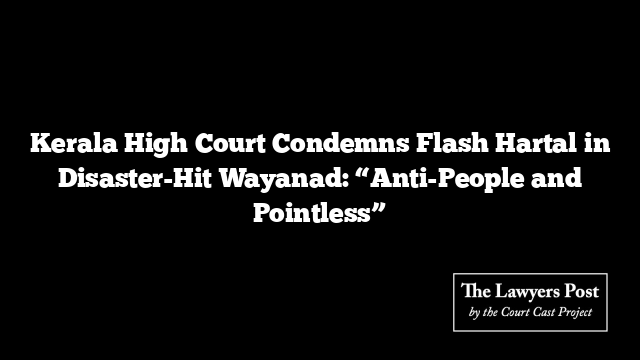In a landmark ruling, the Delhi High Court has affirmed electronics giant BPL Limited’s obligation to pay a staggering ₹1,378 crore to Morgan Securities and Credits, marking the culmination of a 20-year legal tussle rooted in contentious interest rates and a financial agreement gone awry.
The origins of the case trace back to the early 2000s when BPL and its associate company, BPL Display Device Limited (BDDL), sought a bill discounting facility from Morgan Securities to mitigate payment delays. The facility, sanctioned in 2002-2003, extended ₹13.28 crore with a concessional interest rate of 22.5% per annum, escalating to 36% upon default.
By 2004, repayment failures had ballooned the dues to ₹25.79 crore, prompting Morgan Securities to invoke arbitration under the agreement’s dispute resolution clause. In 2016, an arbitral tribunal ruled in favor of Morgan, directing BPL to pay ₹7.27 crore in principal and ₹20.62 crore in additional dues, with compounded interest at 36% per annum from the default date. As the years passed, the liability soared to over ₹1,378 crore.
BPL challenged the arbitration award, citing the “exploitative and usurious” interest rate, which it argued violated Indian law and inflated the claim exponentially. However, the Court dismissed these contentions, emphasizing the transparency of the original agreement and BPL’s informed consent as a sophisticated corporate entity.
“In commercial transactions, fairness or excessiveness of interest rates hinges on the clarity of terms and the borrower’s understanding,” the Bench observed. While acknowledging that a 36% rate could appear morally questionable, the judgment highlighted its alignment with competitive market practices and risk mitigation for lenders.
The Court also dismissed BPL’s reliance on Section 80 of the Negotiable Instruments Act, affirming that the agreements underpinning the claims were legally sound and did not contravene Indian public policy.
This decision cements the arbitral tribunal’s findings, asserting that commercial agreements, even those with steep terms, must be honored unless clear inequities or legal violations are established. For BPL, the judgment underscores the cost of financial missteps in high-stakes corporate dealings.





